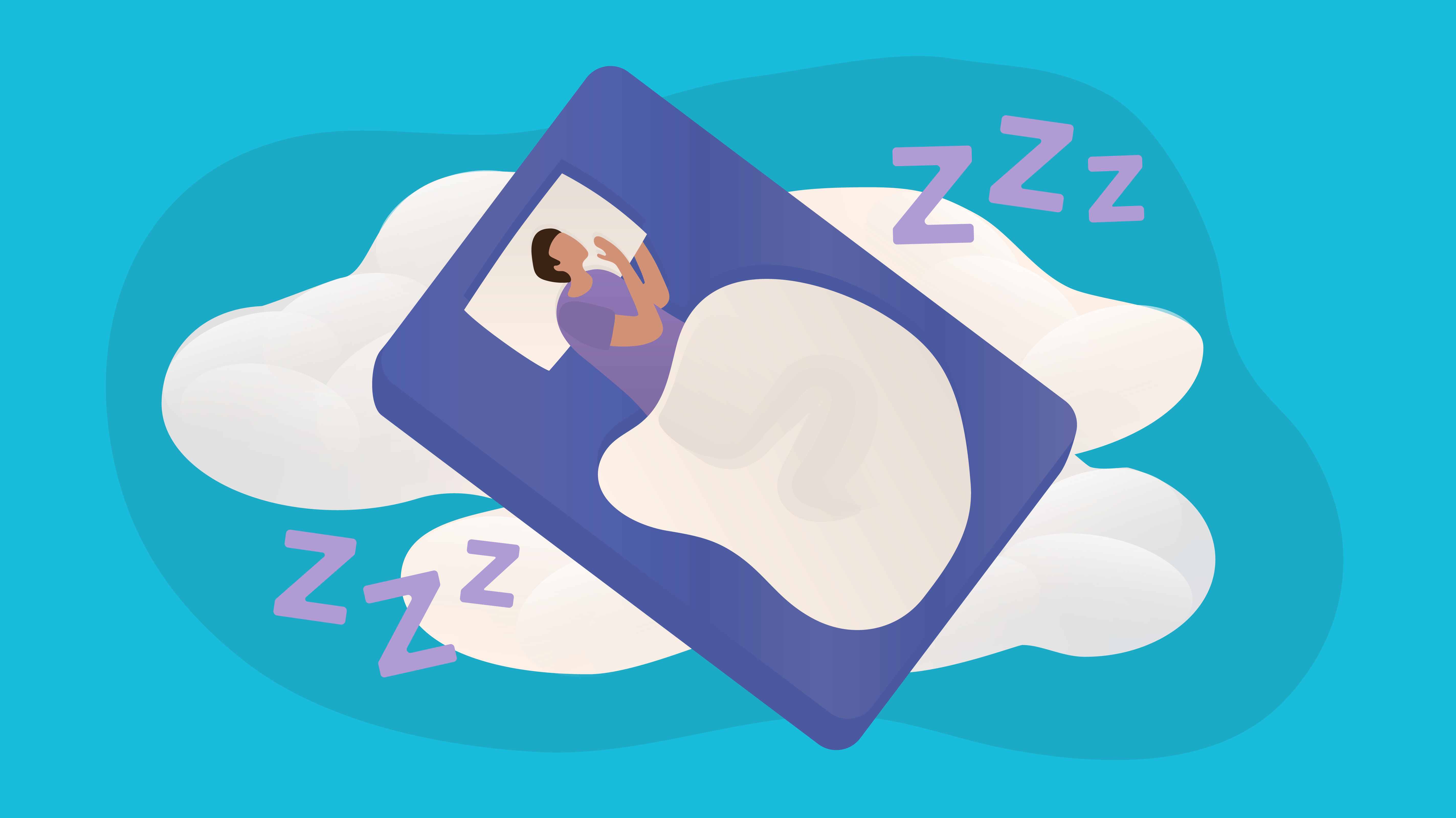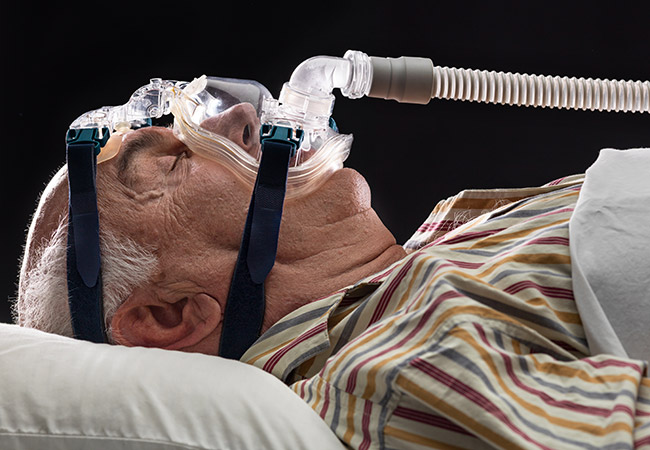Sleep Deprivation Help - Overcome Fatigue and Improve Health And Wellness
Wiki Article
Reliable Therapy Solutions for Taking Care Of Rest Disorders and Enhancing Relaxed Sleep
In the realm of healthcare, the administration of sleep problems and the pursuit for restful sleep are essential elements of overall health. As we navigate the elaborate landscape of rest conditions and seek to boost our sleep experience, a much deeper understanding of these treatment remedies might hold the key to unlocking a much more rejuvenating and meeting corrective trip.Cognitive Behavior Treatment for Sleeping Disorders (CBT-I)
Cognitive Behavioral Treatment for Sleeping Disorders (CBT-I) is an organized, evidence-based treatment strategy that focuses on addressing the hidden variables contributing to sleep disturbances. This type of therapy intends to modify habits and thoughts that exacerbate insomnia, eventually advertising healthy and balanced sleep patterns. CBT-I normally entails numerous crucial parts, consisting of cognitive therapy, sleep restriction, stimulus control, and sleep hygiene education and learning.Cognitive therapy assists people determine and transform negative idea patterns and ideas regarding rest that may be preventing their capacity to drop or remain asleep. Sleep restriction involves restricting the quantity of time invested in bed to match the person's real sleep duration, thus increasing rest performance (insomnia therapy). Stimulation control strategies assist develop a strong association in between the bed and rest by motivating individuals to visit bed just when drowsy and to avoid taking part in promoting tasks in bed
Moreover, rest hygiene education and learning concentrates on developing healthy sleep habits, such as maintaining a consistent sleep routine, creating a relaxing bedtime regimen, and optimizing the sleep setting. By dealing with these variables comprehensively, CBT-I uses an efficient non-pharmacological treatment for handling sleep problems and enhancing overall rest quality.
Rest Health Practices
Having established the foundation of cognitive restructuring and behavior modifications in dealing with sleep problems with Cognitive Behavior modification for Sleep Problems (CBT-I), the emphasis now shifts towards discovering crucial Sleep Hygiene Practices for preserving optimum sleep high quality and general wellness.Sleep health practices include a series of routines and environmental aspects that can substantially affect one's capacity to sleep and remain asleep throughout the evening. Constant sleep and wake times, creating a relaxing bedtime routine, and maximizing the rest atmosphere by keeping it dark, quiet, and cool are vital parts of good rest health. Restricting direct exposure to displays before going to bed, staying clear of energizers like caffeine near to bedtime, and taking part in regular exercise throughout the day can also promote better rest quality.
Moreover, exercising leisure strategies such as deep breathing workouts or reflection before bed can help soothe the mind and prepare the body for sleep. By integrating these rest hygiene practices right into one's daily routine, individuals can establish a healthy and balanced sleep pattern that sustains relaxed rest and overall wellness.
Leisure Strategies and Mindfulness
Applying leisure techniques and mindfulness methods can play a pivotal duty in cultivating a feeling of tranquility and advertising top quality sleep. insomnia specialist. These strategies intend to quiet the mind, minimize tension, and produce an ideal setting for relaxed sleep. One extensively practiced approach is deep breathing exercises, where people focus on slow, deep breaths to unwind the mind and body. Progressive muscular tissue leisure entails tensing and after that releasing each muscle team, promoting physical relaxation. In addition, directed images can help move people to a peaceful location in their minds, helping in tension decrease and improving sleep high quality.By integrating these techniques central apnea while awake into a bedtime routine, individuals can indicate to their bodies that it is time to loosen up and prepare for sleep. On the whole, integrating relaxation strategies and mindfulness techniques can significantly contribute to taking care of sleep conditions and improving total rest top quality.

Medication Options for Sleep Disorders
After discovering relaxation strategies and mindfulness techniques as non-pharmacological interventions for improving sleep high quality, it is important to think about medication options for people with sleep disorders. In instances where way of life adjustments and treatment do not give enough relief, medicine can be a beneficial tool in managing rest disruptions.
Commonly suggested medications for rest conditions consist of benzodiazepines, non-benzodiazepine hypnotics, antidepressants, and melatonin receptor agonists. Antidepressants, such as trazodone, can be advantageous for people with co-occurring clinical depression and sleep disruptions - cognitive behavioral therapy for insomnia (CBT-I).
It is crucial for people to talk to a health care carrier to identify the most ideal medication choice based on their details rest disorder and case history.
Light Therapy for Circadian Rhythm Law
Light treatment, also referred to as photo-therapy, is a non-invasive therapy technique utilized to control circadian rhythms and boost sleep-wake cycles. This treatment involves exposure to bright light that mimics all-natural sunlight, which assists to reset the body's internal clock. By exposing people to details wavelengths of light, typically in the early morning or evening relying on the preferred impact, light treatment can properly change the body clock to advertise wakefulness during the day and enhance peaceful rest during the night.Research study has shown that light treatment can be especially advantageous for individuals with circadian rhythm conditions, such as postponed sleep stage syndrome or jet lag. find more information It can likewise be helpful for those experiencing seasonal depression (SAD), a type of clinical depression that typically takes place throughout the winter months when natural light exposure is minimized. Light treatment is generally well-tolerated and can be used in combination with other treatment techniques for sleep disorders to maximize outcomes and improve general rest quality.
Final Thought
In conclusion, efficient treatment options for handling rest problems and improving peaceful sleep include Cognitive Behavioral Treatment for Sleeplessness (CBT-I), rest health methods, leisure techniques and mindfulness, drug choices, and light therapy for body clock policy. These strategies can help people improve their rest top quality and overall well-being. It is essential to seek advice from with a healthcare provider to determine one of the most ideal approach for attending to rest concerns.
As we navigate the elaborate landscape of rest conditions and look for to boost our rest experience, a deeper understanding of these treatment options may hold the secret to opening a much more refreshing and satisfying corrective journey.
Sleep limitation involves limiting the amount of time spent in bed to match the individual's real sleep duration, consequently raising sleep effectiveness. Consistent rest and wake times, producing a relaxing bedtime regimen, and maximizing the sleep setting by keeping it dark, peaceful, and cool are essential elements of good rest hygiene. Light therapy is normally well-tolerated and can be utilized you can find out more in conjunction with various other treatment methods for sleep disorders to optimize outcomes and boost overall rest top quality.

Report this wiki page